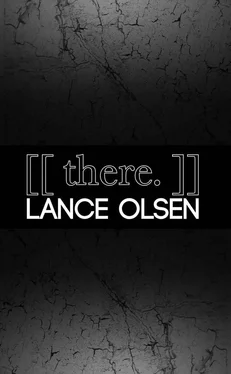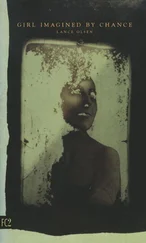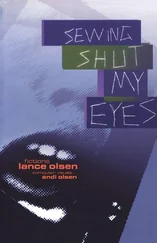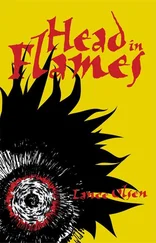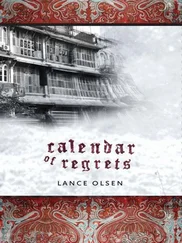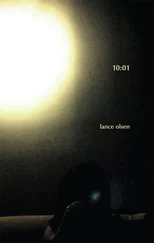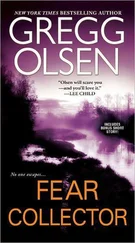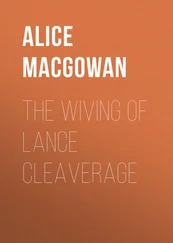:::: This piece of the Wall is the last memorial to the people who died and to the perseverance of freedom, announced David Hasselhoff to the crowd gathered before him the morning that crew began taking down the 15-foot section of this city’s ingenuity.
How this is the first time in O.’s life he finds himself agreeing with The Hoff, who went on to belt out a couple tuneless lines from Looking for Freedom for the attendant protesters — the same song he sang on stage in front of the Brandenberg Gate while sporting a jacket bedecked with miniature light bulbs on New Year’s Eve 1989, a month after the Wall became agitated memory.
Looking for Freedom , a Schlager about a rich man’s son who wants to make his own way in life, had stayed at the top of the German pop charts for eight weeks after its release a year before. Apparently, though, The Hoff’s followers missed its point: Its argument isn’t about the celebration of freedom, but about how freedom can never really be found, is a perpetually deferred condition.
Matthew Wilkening of AOL Radio philosophized that the song’s presence in the cosmos testifies to nothing less than the power of music — horrible, horrible music — to unite and uplift us all.
Being a brief parable about the Schlagering of U.S. writing practices.
:::: You remain cold-free for a week and then, walking the old Jewish ghetto in Krakow one bleak sleety afternoon, impressed by how there are no signs indicating this is the area where 15,000 were imprisoned in a space meant to be inhabited by 3000, you recognize a fresh scratchiness at the back of your throat.
Ten days later your second cold is inaccessible to your recollection in any detail.
:::: But paradise is locked and bolted. We must make a journey around the world to see if a back door has perhaps been left open.
Prayed Heinrich von Kleist.
:::: My last reading in Berlin is with Donna Stonecipher at St. George’s English Bookshop, an epicenter of ex-pat writing. Donna has just translated a Nietzschean thought-metaphor by the Swiss author Ludwig Hohl: Ascent . It’s both about a pair of men attempting to climb a mountain and the complications of maneuvering through its own writing processes.
It took Hohl, virtually unknown out of his country (he had to publish a number of his works himself), almost 50 years to compose and recompose.
By way of introduction, Donna shows a video clip of an interview with him. His thick glasses distort his eyes into monsters on the screen. Out of nowhere the interviewer asks if Hohl notices things disappearing from his house. Hohl’s gigantic eyes widen as he begins to ramble on about small objects going AWOL everywhere.
He appears tremendously excited that someone else has finally noticed this phenomenon.
:::: Two minutes ago O. filled out an online questionnaire titled Death Forecast in an attempt to figure out when he will go AWOL in the largest sense.
He answered questions about his gender, date of birth, grandparents’ longevity, exercise regimen, diet, weight, blood pressure, cholesterol, propensity to smoke and/or take drugs, history of heart disease, obesity, diabetes, and depression.
It is estimated you will die at the age of 89 , the results noted.
Initially the number delighted him. It gave him 33 more years, which sounded like a pocket-sized eternity.
Next he went to a time-units conversion calculator which revealed to his horror that 33 years is really only 396 months, which sounded like a lot less — and that 396 months is really only 1,721.85608 weeks, which is really only 12,052.9926 days, which is really only 289,271.822 hours, which is really only 17,356,309.3 minutes, which is really only 1,041,378,558 seconds, which seems like no time at all, none whatsoever, nix, naught, null, the beat of a nervous heart.
:::: Because standing among a group of tourists in the poorly lit gas chamber at Auschwitz, taking in the more-or-less-one-foot-by-more-or-less-one-foot hole in the ceiling through which the executioners used to spill waterfalls of light green-blue Zyklon B pellets on the terrified men, women, and children screaming below, you feel a tremendous wave of cognitive dissonance: repugnance and disbelief, of course, empathy, too, but also a grim fascination before this black wave of depravity, a torture-porn thrill you don’t believe those clicking their cameras around you would quite admit to but nonetheless are certainly experiencing, a blossom of comfort at the distance between where you are, where you could be, and where you inevitably will be — in 396 months or the following nothing flat.
:::: Addendum: achievement of full presence is, according to Derrida, another way of saying I’m dead .
:::: On a large enough timeline, the survival rate for everyone will drop to zero.
Clarified Chuck Palahniuk.
:::: Optimist : the name of the small, single-handed sailing dinghy that doesn’t stand a chance in a heavy wind.
:::: My dying friend: A lot of the brain motor difficulties that I was expecting after the first surgery seem to be appearing now. My left hand feels more or less like a stroke patient’s unable to do very much except spill a glass of water on a computer keyboard or leave A. walking two blocks behind me because I had no sensation that I let go of his hand. For about two weeks there I was having some real palsy tremors, what they’re calling mini-seizures .
:::: Or watching Marlene Dietrich sing Ich bin von Kopf bis Fuß auf Liebe eingestellt in Der Blaue Engel , the first major German sound film, at the Kino Delphi, which used to show silent ones, and in whose neighborhood The Cabinet of Dr. Caligari was shot in 1919. The humorless communists stripped the venue to bare cement walls and closed it completely in 1959. Now all that remains is a vaulted cement cavern, at one end of which lifts a cement stage, in front of which is sunk an orchestra pit, in which 13 musicians used to accompany Metropolis and Nosferatu . Tonight the Berlin Film Society has rented the place, set up tables, manned a bar selling absinthe, supplied a pre- and post-film D.J., bathed it all in a rich blue light, and created a cabaret ambience where young women wear tails, top hats, and drawn-on Hitler mustaches, men shiny three-piece suits.
There is no heat, so you huddle in your winter coat, scarf wrapped around your neck, picking at a pretzel, sipping a beer whose brand name is Bier (and whose motto is TASTE NEEDS NO NAMES ), absorbing the fact that life gets no better.
:::: Because the birds are back today without warning, the sculling team slicing redly across the lake’s reflections, the small white triangle of a single sailboat gliding offshore.
:::: Which is to say it is as if someone flipped a switch. Two days ago it wasn’t spring, but this morning it is, and a team contracted by railway operator Deutsche Bahn has just defused a Russian-made aerial bomb weighing 220 pounds unearthed six feet from a train track leading into the Hauptbahnhof. More than 800 people were evacuated before said team moved in, which, it turns out, is nothing compared to the 45,000 evacuated from Koblenz in 2011 as bomb squads dealt with a 1.8-metric ton British device that could have wiped out the entire city center.
It’s always yesterday here, and yesterday can always bite.
:::: Which is to say in Walter Abish’s How German Is It the flourishing postwar community of Brumholdstein (named after the philosopher Ernst Brumhold, a fictive proxy for Heidegger) is built over the remains of a concentration camp and mass grave, the country’s preconscious forever churning just beneath the patina of la vie quotidienne , the museum by nature containing incomplete pasts, parallel universes, investigations into the impossibilities of full presence.
Читать дальше
